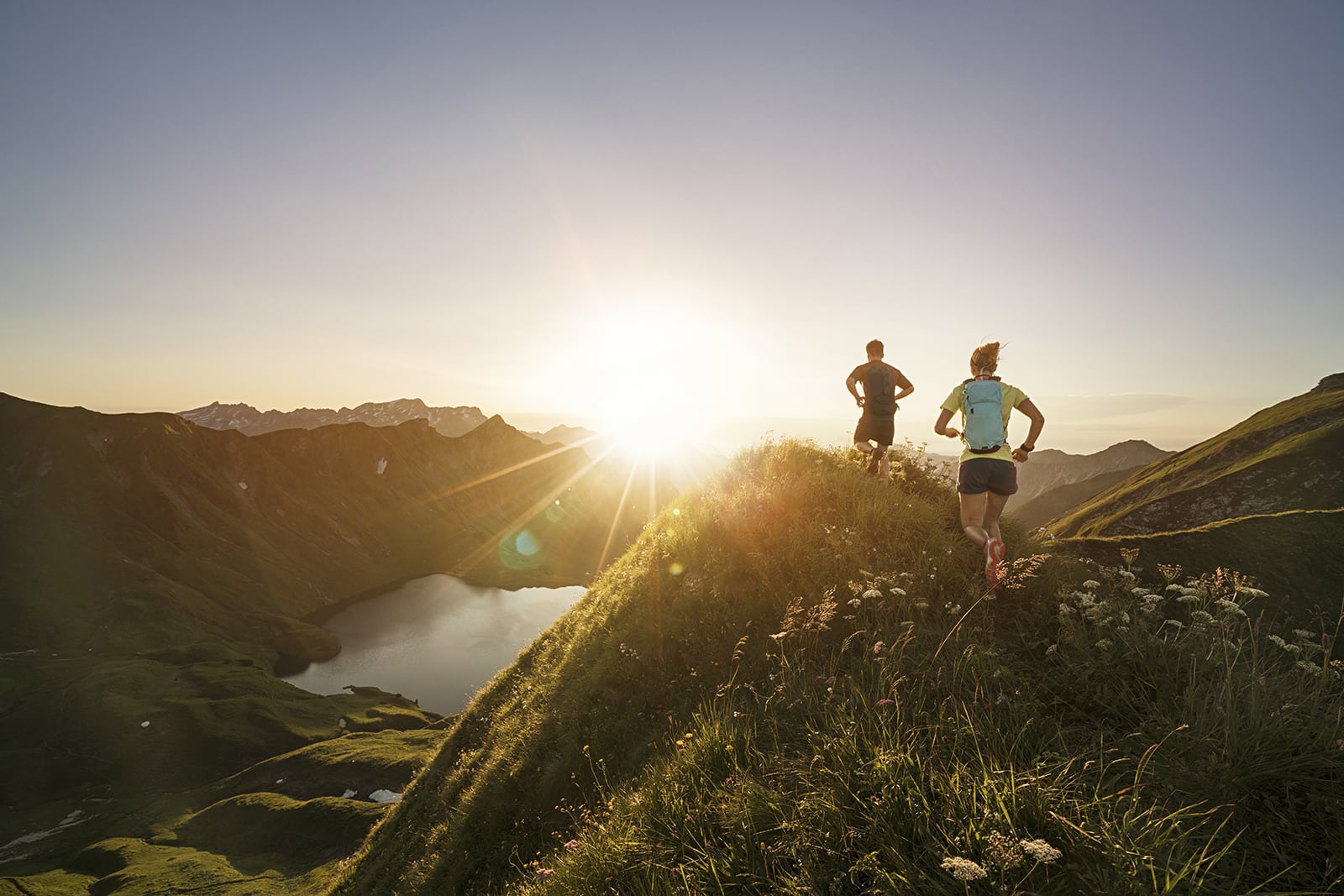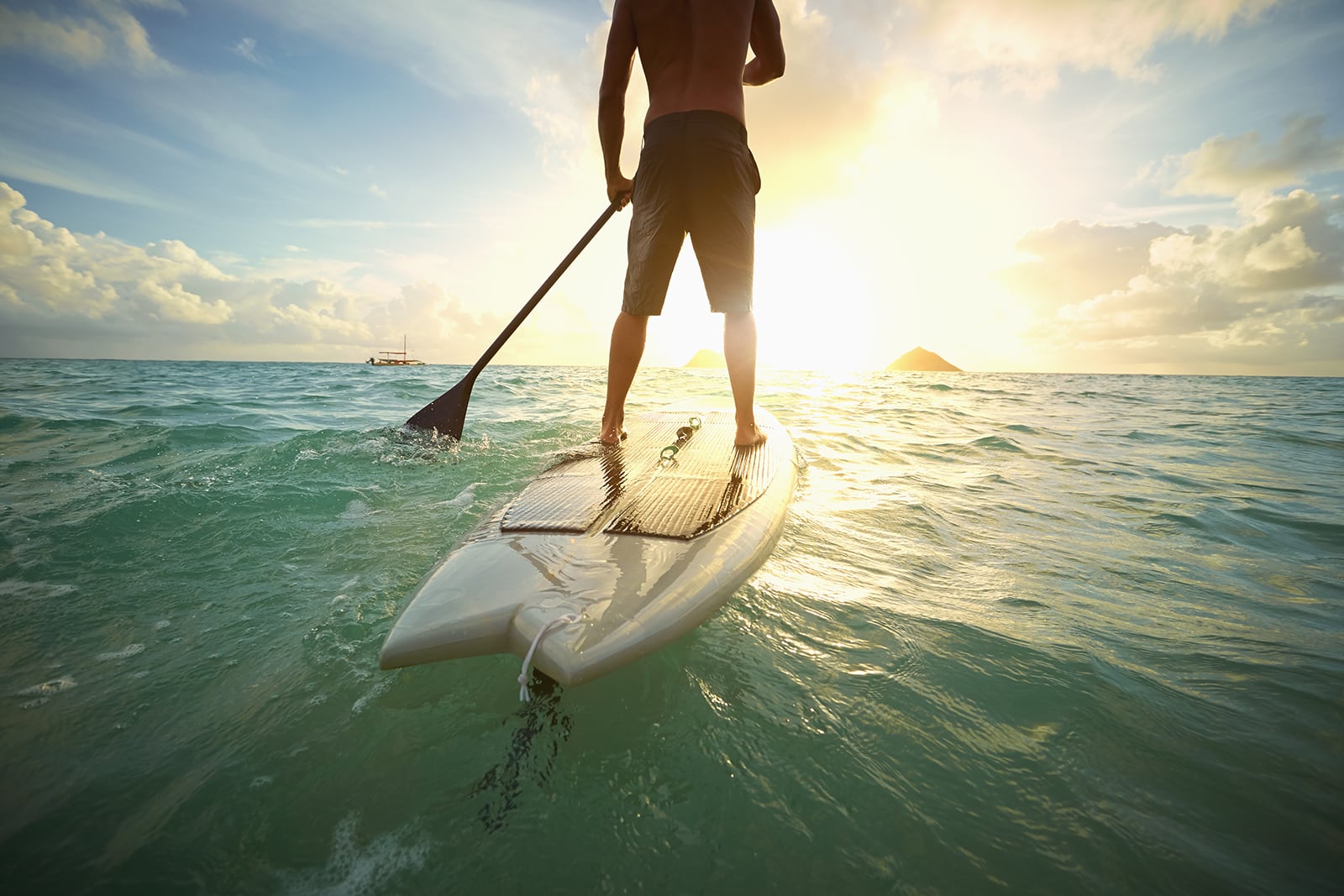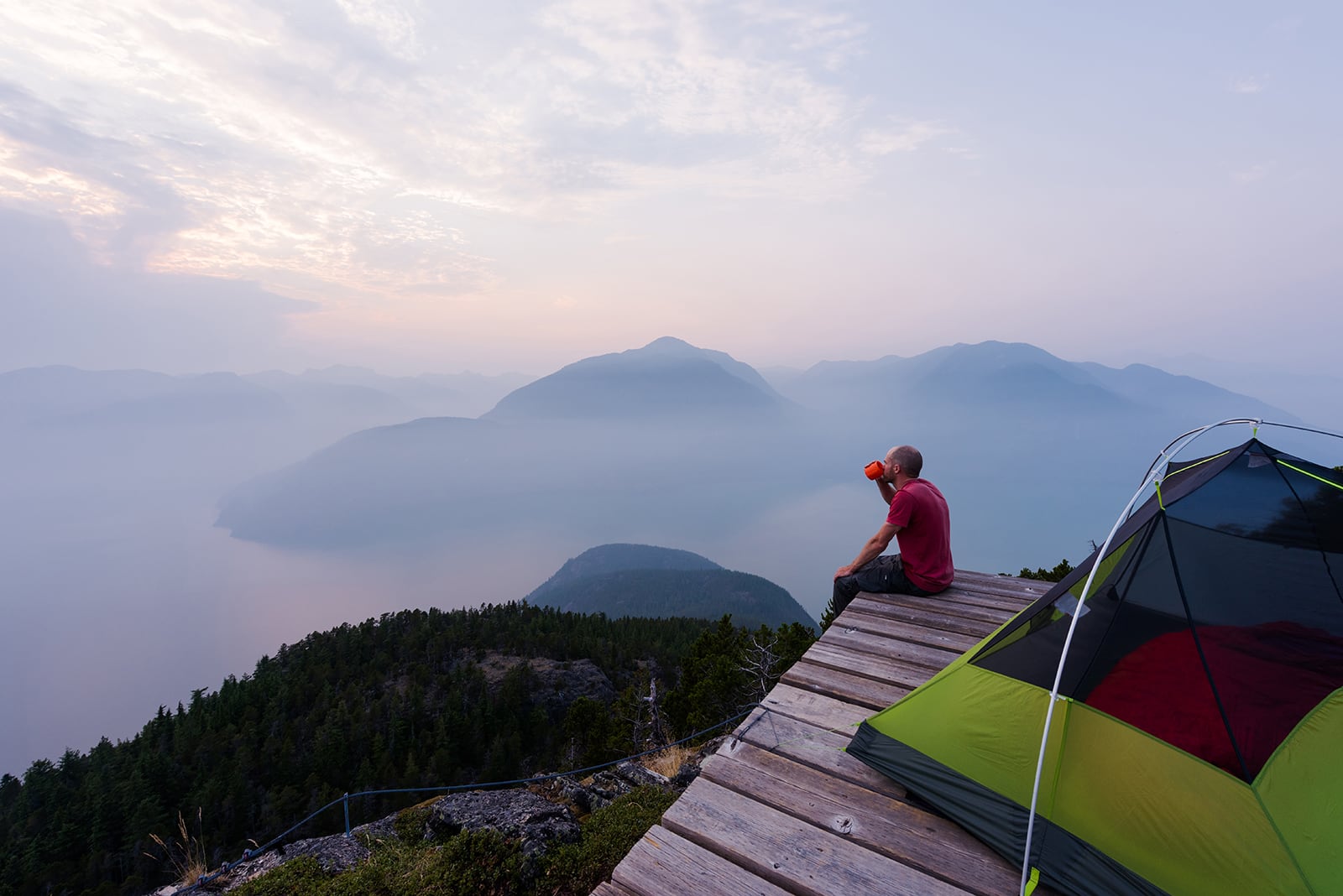“Good judgment comes from experience. Experience comes from bad judgment.” – Rita Mae Brown
In this article we are going to explore the importance of mindset around adventure sports and activities and what we can learn about ourselves and why we need to learn it.
The thing about adventure based and wilderness activities is that they are a constant learning process. No two trips into a wilderness environment are ever (and I mean ever) the same, as there are so many variables… and that alone makes it a fantastic opportunity for growth and learning every time we venture forth.
I’m not sure who first said that adventure-based sports are 80% mindset and 20% skill and physical aptitude. I know that the mountaineer and author Steve House quotes conversations with Slovenian climber Ljubo Hansel in 1988-89 stating that climbing was 80% mental and 20% physical. But over the years as I talk to many athletes and outdoors enthusiasts, whether they be endurance paddlers, swimmers, mountaineers or ultra-trail runners, they all agree that once a certain level of both physical conditioning and ability have been achieved it becomes a mental game above all other things.

Why is that?
We need to look at commonalities of our chosen sports and activities first. Levels of technical skill may differ, as do levels of risk, e.g., a trail runner doesn’t need the level of technical ability and skills around equipment of an extreme alpinist. There is a difference between risk levels of someone trekking through Bhutan at 5000m compared to paddling solo across Bass Strait. But when you strip them all back, they are all endurance-based, and they require physical ability, efficiency and aptitude in the given mode of movement (e.g., a channel swimmer, must be a good and efficient swimmer).
Because our activities are in an outdoor environment and exposed to environmental and climatic conditions, the main commonality is the need to be able to endure… as well as have endurance. You might physically have the endurance to be able to run a marathon but it’s your ability to “endure”, or your mindset that holds it together in a wilderness setting. If you don’t know what I mean, picture this: you’re in the thick of a multi-day overland journey, when you have to do extended distances each day in the rain, having stumbled down slopes, got into camp late, cut, bruised and battered, soaked to the skin, knowing that tomorrow it all starts again.
We get involved in these challenges knowing that at times it’s going to hurt, but to get the good times we must put up with the tough times. It’s different from everyday life where we try to remove as much suffering as possible, risk is avoided at all cost, where we search out the easiest path.

Question time
My first question is: are we seeking growth and change; a primal urge and need to satisfy those urges in today’s sanitised world?
Do you believe – as I do – that it’s human nature to push boundaries to explore our physical capabilities in relation to the natural environment, to find the very edge of what is possible to varying degrees? I agree, it’s not everyone’s cup of tea. Not everyone was born to push the limits of human existence. Some want a safe life, happy in the confines of the box and rules they set themselves. But it’s the people who push boundaries in every field (not just human performance) who change and shape the world. It’s down to the few to push the boundaries to learn more, do more, achieve more and be more. It’s the ones who are pushing boundaries who are changing the world slowly for the ones who are sitting in their boxes as what was once impossible becomes the norm.
So what is mindset in adventure?
For me, I’m lucky to work alongside many adventurers, athletes and weekend warriors. The vast majority learn something about themselves, their fellows and the wonder of this amazing world every day, both when training for their adventure and participating in their given adventure sport or activity. For these, adventure and challenge is a cathartic experience.
But not everyone in the adventure world has a growth mindset. For others it’s pure machismo; a brutish pride in having done something. In my personal view, these are the ones who by their very words “pit themselves against nature” as opposed to those who look at their surroundings with awe and curiosity and a sense of wonder. There are plenty of people who are closed minded, selfish and narcissistic in the world of adventure – as there are in life.
Just because we throw ourselves into these environments doesn’t mean we all get a shortcut to enlightenment, but the lessons to learn are there if we are open to them. And these lessons can be:
Discipline
Self-reliance
Ownership
Accountability
Authenticity
Appreciation
Capability
Confidence
Communication
Awareness
Teamwork
As well as being the things that we learn when out in the wilds, these are also the skills that we can develop prior to our adventure to strengthen our mindset and make us a better adventurer, team member and contributor. If we work on these areas, we can become better at our craft and if we practice our craft and learn these lessons, we can become better at the ultimate adventure … life!

Delving deeper
Let’s look at what an adventure mindset is. For this I like to reverse-engineer Deep Survival, written by Laurence Gonzales. This book is about who survives in disastrous wilderness scenarios and why. When I first read the book I was struck by the fact his 12 basic tenets taken from 30 years of journalism and research, showing traits and qualities of survivors, are a great guideline for the most out of any adventure and wilderness activity (as well as staying safe and keeping your head when the pressure is on).
I’ve adapted them and interpreted them into Nine Foundations of a Healthy Adventure Mindset.
1. Clarity – Be able to see clearly around you of the situation you are in at any given time, both favourable and unfavourable, and can see it for exactly as it is.
2. Emotional control – Be able to control your emotions. For example, turn fear into focus (and even anger, if necessary) rather than being paralysed by it. Emotional control lets you control your actions in any situation.
3. STOPA – Stop, Think, Observe, Plan and Act. You must be able to think quickly, adapt a plan, analyse and execute firmly and with discipline. Focus on what you can control, rather than what you can’t.
4. Winners are grinners – the outdoor enthusiast and adventurer celebrates often internally and quietly every milestone that is closer to their goal, every ridge completed, checkpoint made, and 1000 strokes of the paddle turned
5. Enjoy the journey – In all its parts. The grind, the training, the discomfort and when and if it happens, the dangerous parts and the unexpected parts. If you can, laugh in the face of danger (it is not recklessness… laughing is a release of tension) You can get caught in a storm and be miserable if you want or you can enjoy it. It truly is a choice.
6. Appreciate your surroundings – These aren’t just peaks to be bagged, channels to be crossed, trails to be run. We are here by grace. Of what, I don’t know, and this isn’t a place for a theological discussion, but for me it’s the gods of nature. It’s mother nature, the raw magic of the wilderness and power of the earth. It’s the wind, the moon, the sun, the spirits of the mountains, of forces older than man. There is wonder in every drop of rain that is running down your back and has been doing so for five days straight as you explore remote rainforest paths.
7. Confidence – The will to succeed, belief in your own capabilities and what you are here to do and be a part of.
8. Get real – This is an adventure situation. It has risks. You have limited them, but you cannot take them completely out, otherwise it is not an adventure. You could get hurt; you could get sick… you could die. All three of which could happen to you at home. Don’t be nihilistic but don’t be unrealistic.
9. Do what you need to do – and cut away the fluff. The wilderness is a great place for teaching what we do and don’t need.

Take it onboard
One piece of advice I give to anybody who is looking to get into adventure or an activity is that will challenge them physically and mentally, is to spend time in self-reflection. I run some clients through values exercises to get them clear on what their vision is, who they are, what they want to do (and why), and what their inner drivers are.
It’s a model I call the EMPOWER model.
E – Explore (self-vision, values, why?)
M – Map (goals and strategies)
POWER – Take action
Preparation is everything. A friend of mine, Dr Kate Baecher, a performance psychologist, mountaineer and syllabus writer for the psychological components of wilderness first aid courses, encourages ‘would be adventurers’ to list how they react emotionally in stressful situations, examine what their hot buttons are (i.e. when fatigued, irritated, etc.) and how to diffuse them in what she calls your Adventure Sanity Plan. Share those with team-mates. Be aware before you are in a situation, so there are no surprises when situations arise. Forewarned is forearmed.
Set yourself
Be aware of the lessons and benefits that you can learn from adventure scenarios. These are the same lessons you can practice and benefit from learning prior to your adventure. Study enjoy and practice the Nine Foundations of a Healthy Adventure Mindset.
Run the EMPOWER model – find a coach experienced in adventure and performance psychology, have them tease out your values, beliefs and your why, to help align your goals and visions and spot possible pitfalls and weaknesses.
Look at your hot buttons, how you react in certain situations and imagine possible situations to be able to write out solutions and ways to get you back on track. Seek fulfilment rather than happiness in your adventures and you can learn lessons at every turn.
